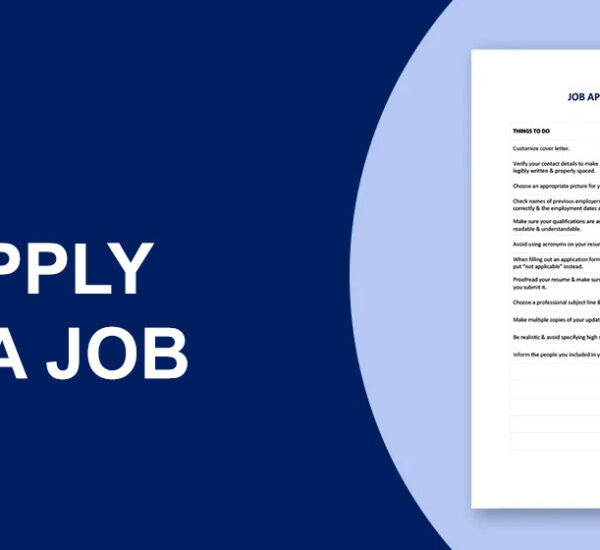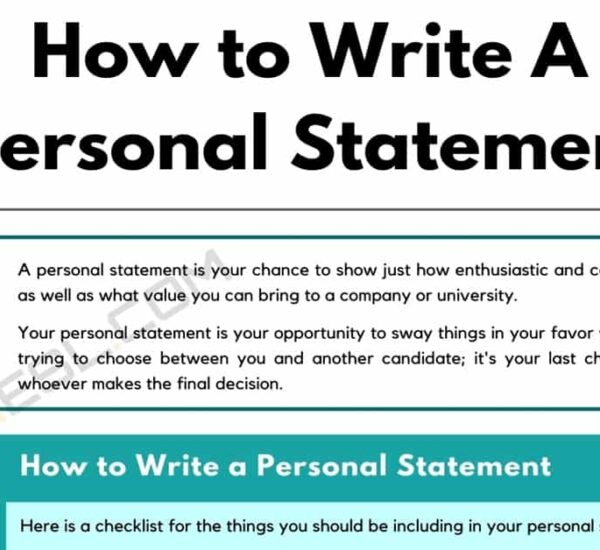Test day can bring both excitement and nervousness. But if you want to score well on IELTS/TOEFL exams, be confident and prepared and follow our advice.
A good IELTS/TOEFL experience will make you feel confident in your skills and you will get the desired score. Your fluent IELTS/TOEFL experience largely depends on how well you prepare for the test. Here are some tips to help you get a good score and experience on your IELTS/TOEFL test.
Plan your study schedule.
There is a misconception among some IELTS/TOEFL candidates that if they can speak the English language, they will do well on the IELTS/TOEFL test.
IELTS/TOEFL exams are complex and complicated, so it is advisable to prepare for them properly and effectively, no matter how good you are at English. You can prepare well for IELTS or TOEFL by making a study plan.
A well-structured study plan will not only teach you how to prepare for the IELTS or TOEFL exam but will also help you improve your English skills. When preparing for the exam, use high-quality, official study materials such as preparation books and practice tests.
Take practice tests
The ideal and most effective way to prepare for your exams is to take an official or mock exam online. Official tests are the best resource where you can take full IELTS/TOFEL tests giving you the opportunity to try the exam just like the real exam. Each section is individually graded to test its strengths and weaknesses.
The downside of taking tests online is that they require you to pay. IELTS/TOEFL tests are already expensive and paying even more for online tests is not cheap.
One more disadvantage of online tests is that for speaking and writing, the scores are not accurate. Computer programs determine scores for the speaking and writing sections, while invigilators score the actual exam.
Get Comfortable Working in the Noise
The hall or test room can become noisy if all or most of the candidates arrive at the oral part simultaneously. So, to get used to the noise or feel comfortable with a noisy environment, try to study in a noisy environment.
Try studying in coffee shops or parks while taking practice tests on your laptop. Practice tuning in to the noise when answering the questions in the speaking section to increase your concentration.
The more you can ignore background noise and voices, the better you will be able to concentrate and perform better on test day.
Check out the Test Location before Exam Day
Before the test day, plan how you will travel to the test site—planning everything before test day will make you less anxious and more prepared for the test.
If you are going to drive to the test center, check to see if there is parking or if there is a parking lot nearby where you can leave your car. If you are using public transportation, make sure that it takes you directly to your test center or that there is a route near the test center so you can get there on time.
If possible, try to use the same public transport and go to the test center to check if it will take you on time. Do this in the same week and time as the actual test. Keep in mind the time it takes you to get to the test center so you know exactly what to expect on test day.
Pack Accordingly and Lightly
You won’t need a lot for the test, so pack light and appropriately. The fewer things you have to deal with, the more you will focus on your test. Some essential things you will need to take with you are:
Two forms of ID
Registration card
Some other things that you might need are:
Wallet
Cell phone
Glasses (if you wear them)
Extra sweater or jacket
Drinks
Snacks
Medication (if you need or use it)
You do not need to bring stationery as the TCA will provide it at the test center.
Arrive at the testing center early.
Candidates are advised to arrive 30 minutes prior to exam time. This gives them enough time to register for the exam, go through security, and get to their seat.
If you are driving, check traffic before you leave. If the traffic is terrible, you may need to leave earlier than planned to get to the test center on time. If you are using public transportation, consider the possibility of delays and plan accordingly.
It is always best to arrive at the test center early, so plan wisely and accordingly.
Stay calm and comfortable
Don’t overwhelm yourself when taking the test. If you feel panicked and nervous, close your eyes and take a deep breath.
During the ten-minute break, stand up and stretch. Walking will help you relax and allow your mind to focus better. Drink some water and eat a snack to fuel up if you have time.
Record your Scores
It would be better to record your IELTS or TOEFL score after the test. Even if you didn’t get a good score, record them instead of canceling them and don’t have a record of taking the IELTS/TOEFL test. It is your decision if you want to send your scores to universities or schools.


